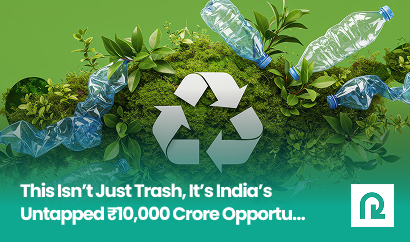Introduction
Sustainability has become a cornerstone of modern development, representing our efforts to meet the needs of the present without compromising future generations. One of the most effective ways to achieve sustainability is through recycling. By reusing materials, we reduce the demand for new resources, conserve energy, and decrease harmful emissions, all while preserving our planet’s ecosystems.
The Role of Recycling in Sustainability
Recycling allows us to transform waste materials into valuable resources, reducing the strain on raw materials. This not only cuts down on deforestation and mining activities but also helps in lowering carbon emissions associated with manufacturing from virgin resources. For example, recycling aluminum saves 95% of the energy required to produce new aluminum from bauxite ore. Similarly, recycling paper can save millions of trees annually.
Economic and Environmental Benefits
Beyond environmental impacts, recycling contributes to economic sustainability. It creates jobs, reduces the need for waste disposal infrastructure, and fosters a market for recycled goods. Moreover, recycling reduces landfill waste, minimizing the space required for landfills and the environmental risks associated with them, such as groundwater contamination and methane emissions.
Challenges in Recycling
Despite its benefits, recycling still faces several challenges. The lack of proper segregation, contamination of recyclables, and inadequate recycling infrastructure, especially in developing countries, hinders progress. Public awareness campaigns and government incentives are essential to improve recycling rates.
Conclusion
Sustainability via recycling is not only an environmental necessity but also an economic and social one. The collective effort of governments, industries, and individuals can make recycling a key driver in building a sustainable future.


